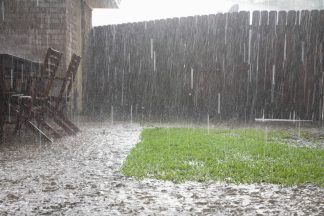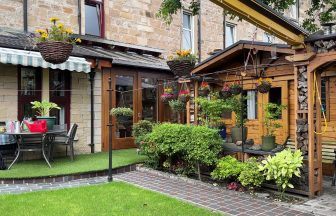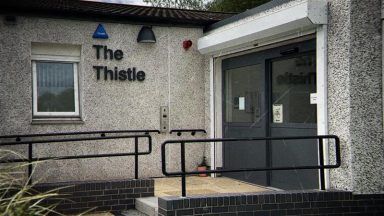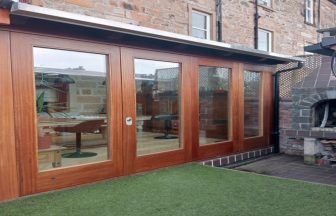Building developers are to be banned from using combustible cladding on high-risk buildings over 11 metres in Scotland.
Legislation has been brought forward at the Scottish Parliament to introduce the ban.
The move is part of ongoing efforts to improve fire safety following the Grenfell Tower tragedy in 2017.
Since 2005, new cladding systems on high rise blocks of flats have either had to use non-combustible materials or pass a large-scale fire test.
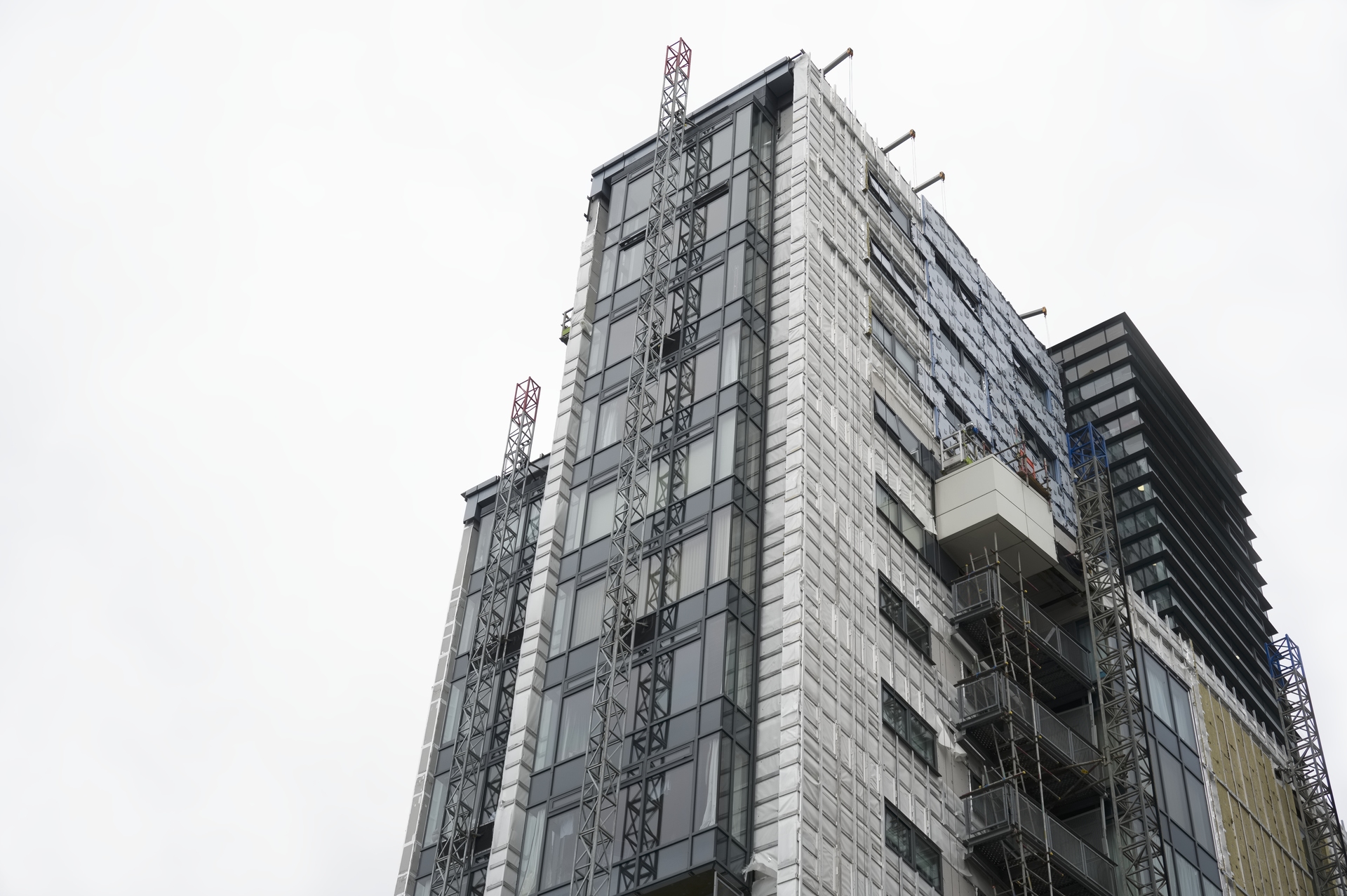 iStock
iStockUnder the new legislation being introduced by the Scottish Government, the option of a fire test will be removed.
It will instead completely prohibit combustible materials from use on domestic and other high-risk buildings, such as care homes and hospitals, that are above 11 metres.
The highest risk metal composite cladding material will be banned from any new building of any height, while replacement cladding will be required to meet the new standard being set.
The law will also include improvements to energy performance standards with the aim of making buildings easier to heat, as well as ensuring they are well ventilated and comfortable to live in.
Building standards minister Patrick Harvie explained that, combined with the move to require homes to have interlinked smoke alarms, the Government is aiming to minimise the risk of deaths and injuries from fire.
“This is the third set of changes made to fire safety standards for cladding in Scotland since the tragic Grenfell Tower Fire, requiring any cladding on domestic or other high risk buildings above 11m to be strictly non-combustible,” he said.
“Taken together with our new fire alarms regulations, covering all homes in Scotland regardless of ownership, this is yet another step on the Scottish Government’s mission to minimise the risk of deaths and injuries from fire.
“The energy improvements will deliver another important step toward improved energy and emission performance of our buildings, and we’ll be going further on this in 2024 with regulations requiring new buildings to use zero-emissions heating systems.”
Follow STV News on WhatsApp
Scan the QR code on your mobile device for all the latest news from around the country


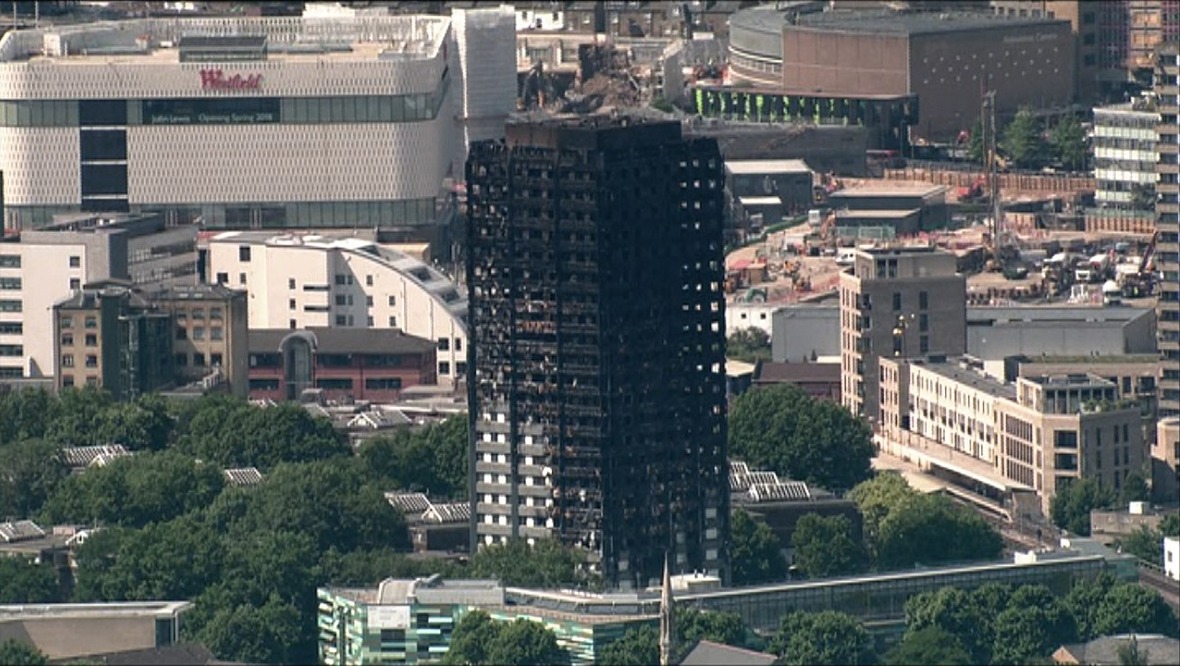 STV News
STV News
